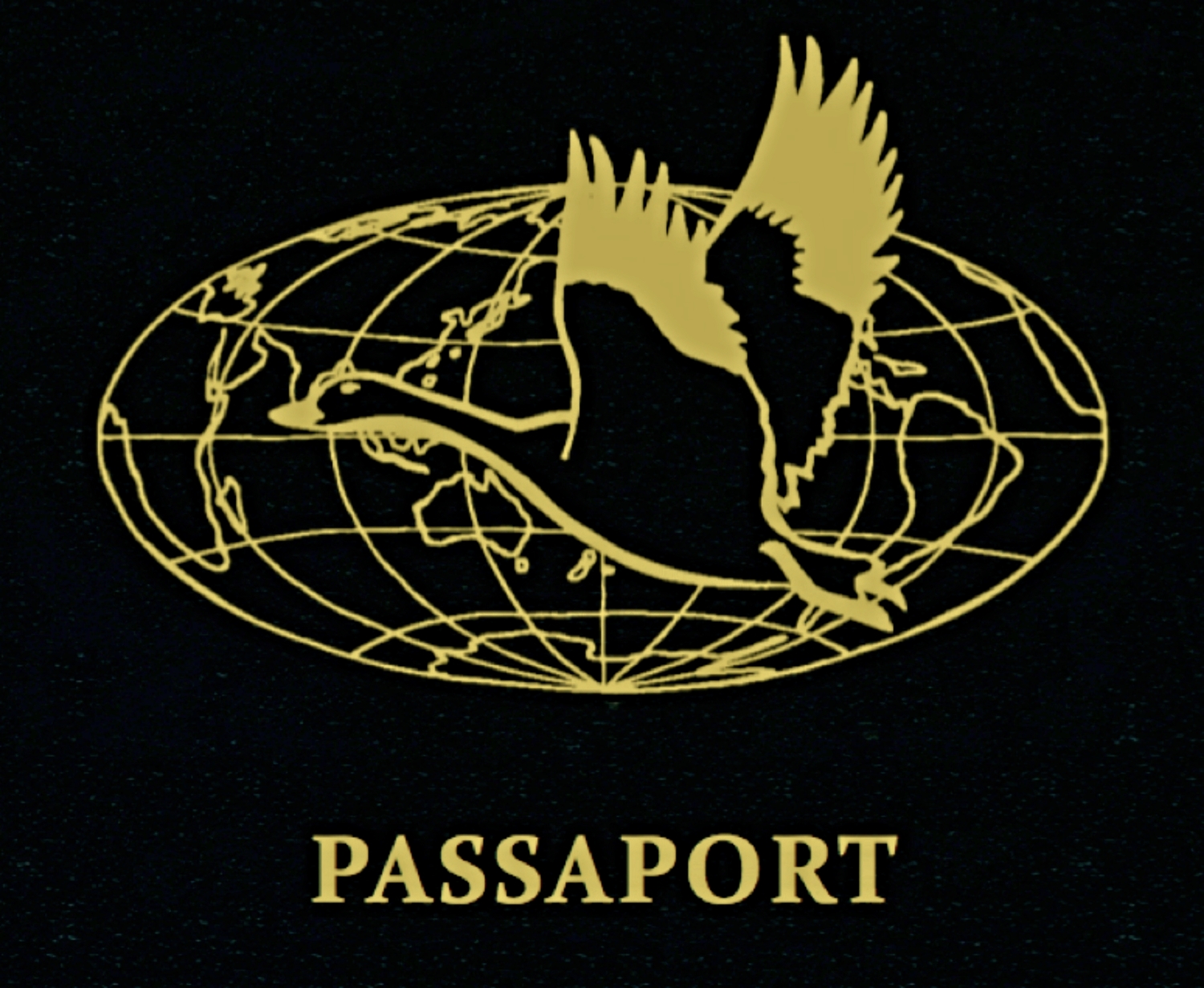Ewropa! Intix
tisma’ l-imħabba ssejjaħ
minn qiegħ il-baħar?
Europe! Can you not
hear love calling out from the
bottom of the sea?
Europe ! N’entends-tu donc pas
l’appel de l'amour
venant du fond de la mer ?
Europa! Ben je
doof voor de roep van liefde
uit de zeebodem?
(French translation from the
Maltese by Elizabeth Grech
Dutch translation from the
English by Joke Kaviaar)
This heart-wrenching photogram is taken from a video published on 15th May 2014 by La Repubblica, recorded by police divers off Isola dei Conigli, Lampedusa, last October. A shipwreck that cost the lives of 366 people - men, women, children, and a newborn baby still attached by the umbilical cord to his 20-year-old mother.
A heart-wrenching image, but somehow, also heartening. To die alone is perhaps one of our profoundest fears. The embrace shown in this photo is a powerful symbol: borders, built according to a policy of fear and hate, may continue to separate people or even murder them - and yet, love prevails.
Perhaps it was insensitive of La Repubblica to publish the police divers’ video, even if it appears care has been taken to ensure that faces are not recognisable. For survivors of this shipwreck and others, the footage will no doubt be traumatic. Perhaps it is insensitive of me also to republish this photogram. Aditus, a Maltese human rights NGO that I highly respect and follow, has condemned the dissemination of the video as a disrespectful invasion of privacy, and I see their point. Working closely with migrants in Malta, they may have witnessed someone’s distress at the publication of the footage first-hand. The damage may be done, but it’s no justification.
Having said that, the excruciating reality of the footage published by La Repubblica, and reproduced on dozens of other media outlets in different countries, will hopefully have significant impact on decision and policy makers, and of course on the general public. Particularly on those politicians and voters who dream of their nation-states becoming impregnable islands, keeping ‘undesirables’ out with the intensive construction of militarised walls and hi-tech fences, filling the deep pockets of private security companies in the process. Again, the photo of the embrace is especially poignant, as an image of love and affection in the face of extreme hostility.
It may take another five to seven generations, but love will eventually pull the borders down. This may indeed be a delusion on my part, and on the part of many other no-border activists, and yet I would prefer working towards that delusion, rather than allowing pessimism to clip our wings. If anything, the photograph above, at once frightening and endearing, should continue to embolden and encourage us.
